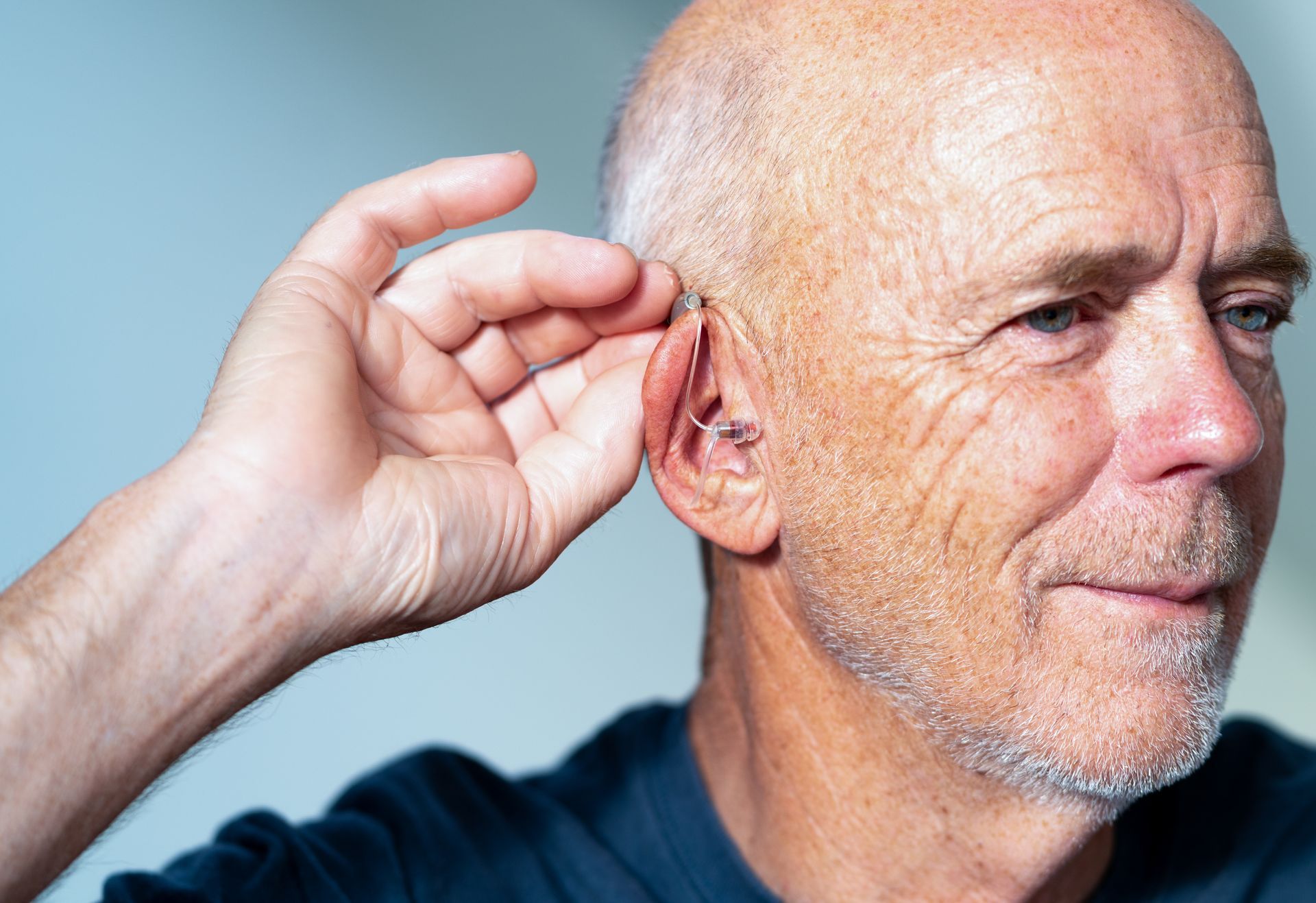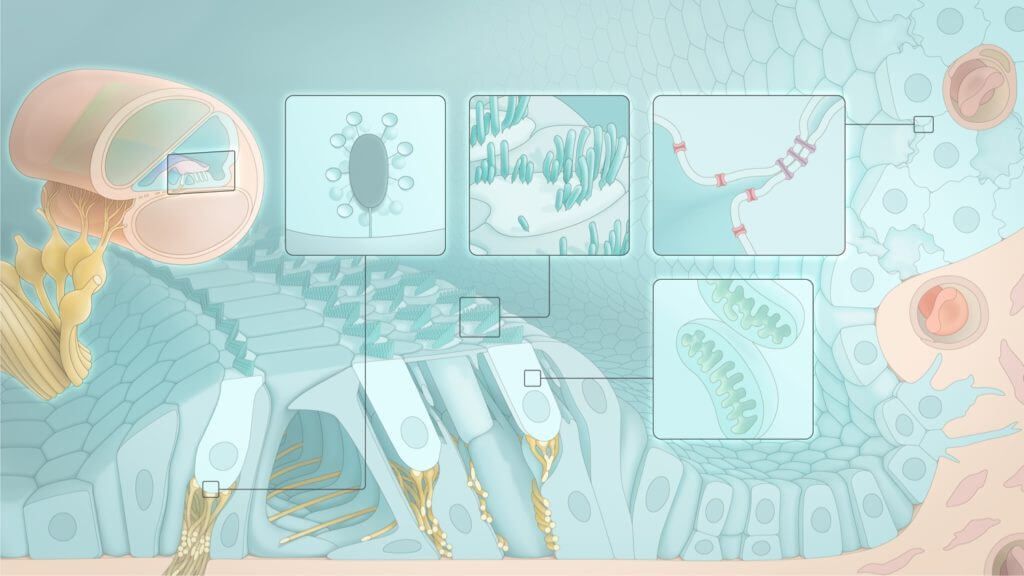Stay on Top of Your Brain Health With Cognivue Thrive
Stay on Top of Your Brain Health With Cognivue Thrive
As we age, our bodies change (hello, creaky joints), and our brains do, too. Periodically forgetting recent events like where you put your keys is normal, but consistently having trouble completing tasks without help or not being able to name items isn’t.
Interested in knowing where your brain health stands? Center for Hearing is pleased to offer our patients Cognivue Thrive—a revolutionary diagnostic tool for cognitive function.
Get Peace of Mind
Cognivue Thrive is a portable, self-administered, computerized screening device that measures cognitive function and takes minutes to complete. It empowers you to take control of your brain health by uncovering any cognitive issue as early as possible, ensuring that you can get help faster.
The Cognivue Thrive experience begins with a four-minute introductory video followed by tests measuring memory, executive function, visuospatial abilities, processing and reaction time. Your audiologist reviews the results and uses them in clinical decision-making to set expectations, make referrals as appropriate and determine success. They will also send these results to your primary care doctor or other health care provider.
The Hearing Loss and Cognitive Decline Connection
If you or someone you love has hearing loss, evidence shows that you’re at a higher risk of cognitive decline than someone with normal hearing, making Cognivue Thrive even more crucial for your overall well-being.
In a study published in 2013, 2,000 older adults (average age: 77) were tracked for six years. Those who began the study with the worst hearing loss were 24% more likely to see a decline in cognitive ability compared to individuals with normal hearing.1
But separate research also shows that patients who get treatment for their hearing loss with hearing devices reduce their odds of cognitive decline.2
Early detection of hearing loss and cognitive issues is key. We can uncover both for you at Center for Hearing by incorporating Cognivue Thrive into your comprehensive hearing evaluation. Call us today, (239) 434-0086, to schedule an appointment.
1 Lin, F.R. et al. (2013). Hearing loss and cognitive decline in older adults. Jama Intern Med 173(4): 293-299. https://jamanetwork.com/journals/jamainternalmedicine/fullarticle/1558452
2 Maharani, A., Dawes, P. et al. (2018). Longitudinal relationship between hearing aid use and cognitive function in older Americans. Journal of the American Geriatrics Society. https://pubmed.ncbi.nlm.nih.gov/29637544/



